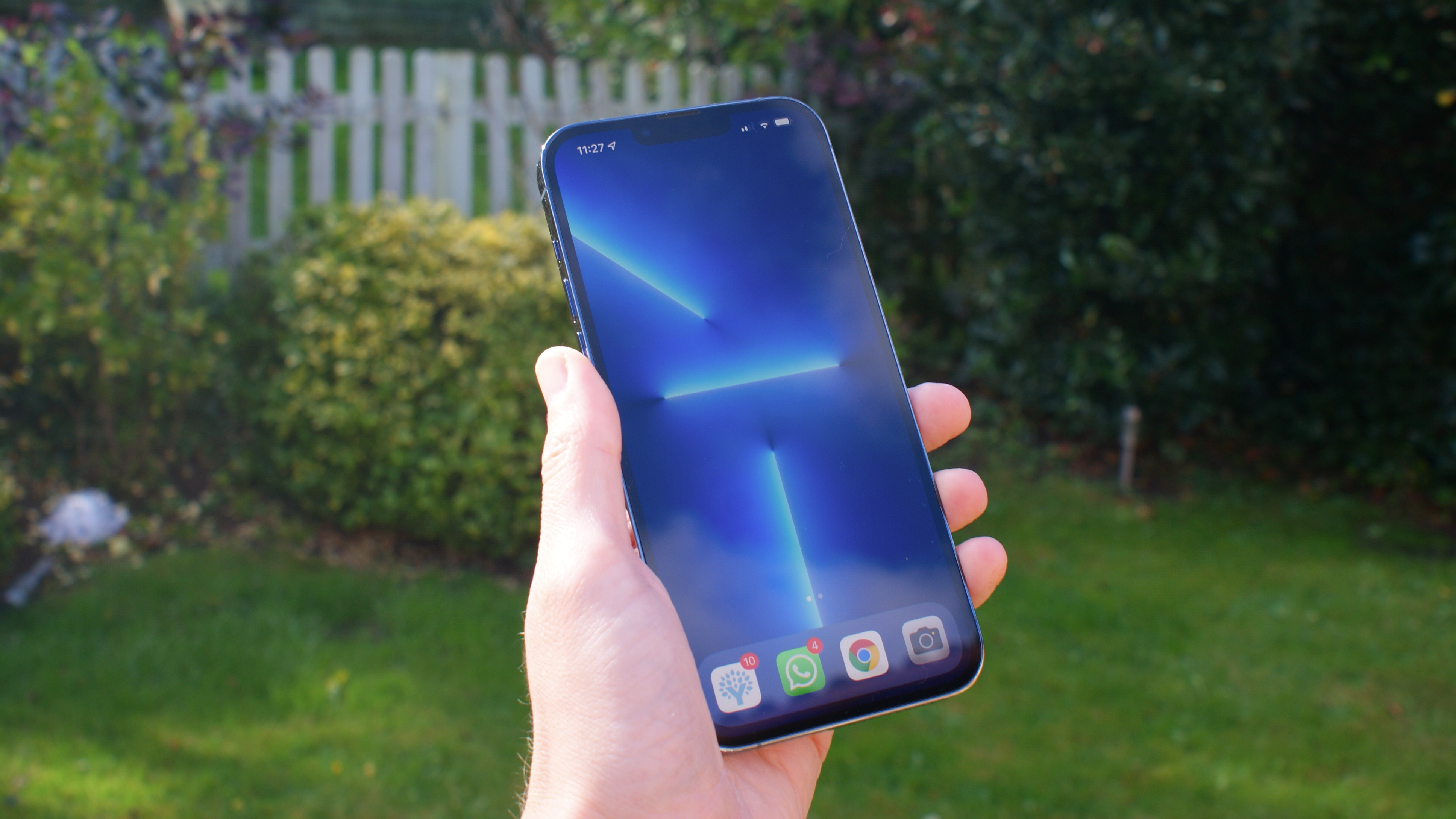The iPhone 14 Pro could be the start of a disappointing trend
Go Pro or get an older chipset

Leaks and rumors suggest the iPhone 14 Pro and iPhone 14 Pro Max will be extremely exciting handsets, but that the standard iPhone 14 could be underwhelming, not just because it’s likely lumbered with a dated design, but because it might not even get a new chipset.
This might not be a one off either, with a source claiming that the iPhone 15 might have older silicon too.
That’s according to a leaker posting on Weibo – a Chinese social network. The post was spotted by GizChina, and it states that the iPhone 15 will get the A16 chipset we’re expecting to see in the iPhone 14 Pro line, while the iPhone 15 Pro will get a new A17 chipset.
So in other words, next year’s standard iPhone would likely have a newer chipset than the upcoming iPhone 14 – which is rumored to be stuck with the A15 from the iPhone 13 line – but it would still be a year behind Apple’s top mobile processor.
The source doesn’t say whether this trend will continue beyond the iPhone 15, but we’ve previously heard from Ming-Chi Kuo – an analyst with a great track record for Apple information – that this is planned to be an ongoing situation.
So while we’d take this claim with a pinch of salt, the fact that two leakers have now said the latest chipsets will be reserved for Pro models suggests there’s a high chance this is true.
That said, it’s very early days to be talking about the iPhone 15, let alone subsequent iPhones, so even if this is Apple’s current plan it could always change. We hope it will, because even the standard models are high-end handsets, so it’s hard to justify them using year-old hardware.
Get daily insight, inspiration and deals in your inbox
Sign up for breaking news, reviews, opinion, top tech deals, and more.
Analysis: a shame but not a big deal
While this is disappointing news, it’s actually unlikely to be a big issue, as Apple’s mobile chipsets already outperform rivals significantly.
So even if the iPhone 14 and iPhone 15 each launch with dated Apple hardware, there’s a good chance they will perform comparably to phones using top chipsets from companies like Qualcomm and Samsung.
Plus, arguably all of the top mobile chipsets provide more power than most users actually need, so in general use the difference is unlikely to be noticeable.
Still, even if the difference mostly only exists on paper, it could make the standard iPhone models a lot less appealing to potential buyers. But maybe that’s the whole point, with Apple possibly looking to boost the popularity of the Pro line.
Whatever the reasoning though, we’d think this might also tempt some Apple fans to check out the best Android phones.
James is a freelance phones, tablets and wearables writer and sub-editor at TechRadar. He has a love for everything ‘smart’, from watches to lights, and can often be found arguing with AI assistants or drowning in the latest apps. James also contributes to 3G.co.uk, 4G.co.uk and 5G.co.uk and has written for T3, Digital Camera World, Clarity Media and others, with work on the web, in print and on TV.